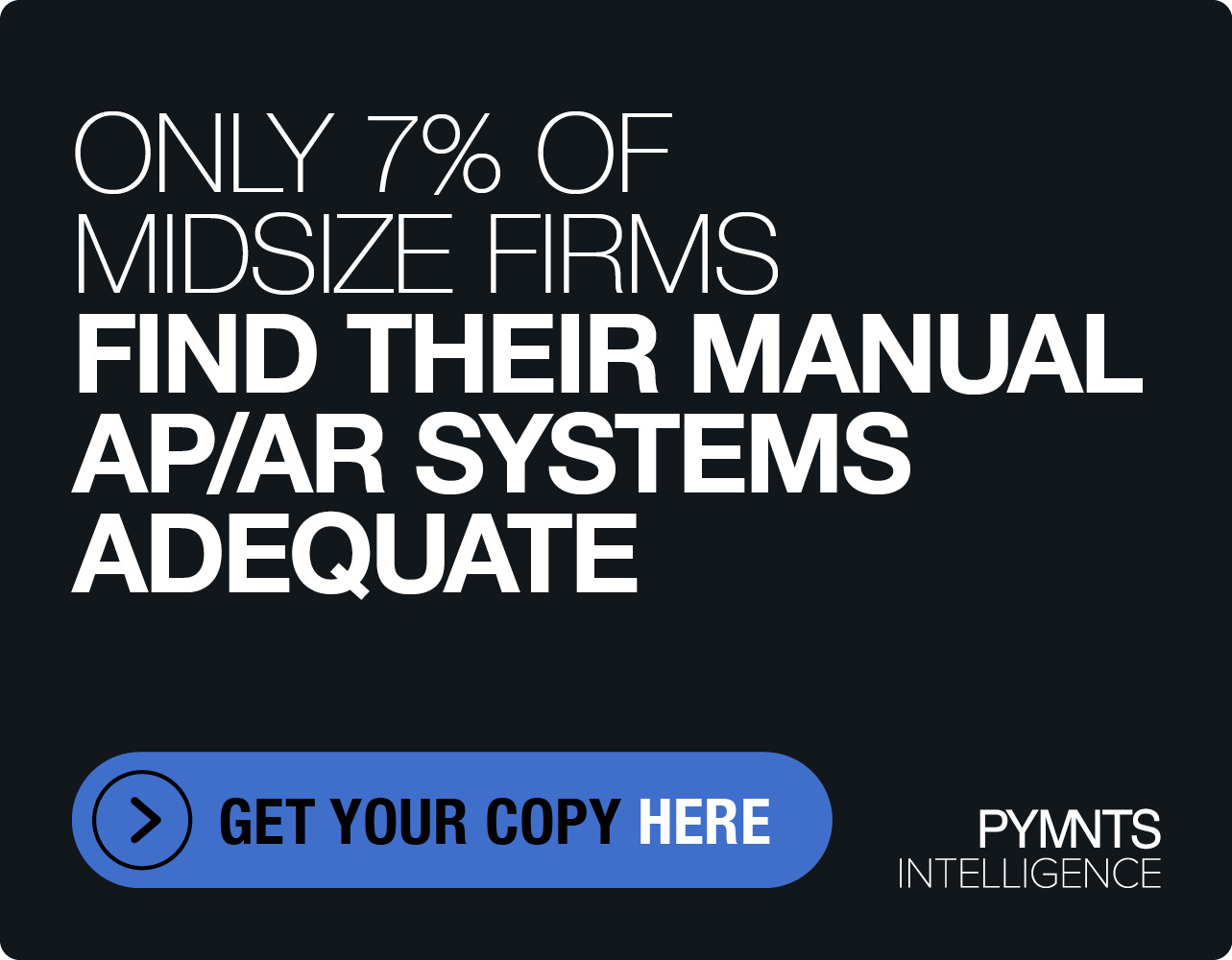PayPal Apologizes for Threat of Fines Over ‘Misinformation’

PayPal is apologizing for what it says is “confusion” over a new policy that threatened to fine customers and merchants for sharing what the company determined to be misinformation.
According to multiple media reports Monday (Oct. 10), the company has said the new policy was an error, following a weekend of criticism and calls on Twitter for users to “Delete PayPal.”
Among the critics was David Marcus, PayPal’s former president, who tweeted that the company’s new Acceptable Use Policy (AUP) was “insanity.”
“PayPal’s new AUP goes against everything I believe in,” he wrote. “A private company now gets to decide to take your money if you say something they disagree with.”
A PayPal spokesperson told PYMNTS that the company sent the AUP notice out in error, and that it included incorrect information.
“PayPal is not fining people for misinformation and this language was never intended to be inserted in our policy,” the spokesperson said. “We’re sorry for the confusion this has caused.”
Read more: Super Apps Promise Relief for Always On Millennials
PayPal and PYMNTS collaborated recently on “Super Apps For The Super Connected,” a report looking at the factors leading to a wave of interest in all-in-one solutions for online life. It found that 25% of consumers were highly interested in a super app.
Connected consumers — especially millennials — reported that they saw the super app as the logical next step to enhancing and simplifying their online lives. Millennials are the generation most interested in using a super app, with 40% reporting they would be very or extremely interested in using such an app.
The report also found that millennials have the largest, most diverse connected-device ecosystems of the generations studied and could thus benefit most from having a single, central command hub to manage them.
In addition, millennials also use their connected devices to engage in more digital activities than other generations. The average millennial engages in 6.9 digital activities per month, most often grocery shopping, ordering from restaurants and tracking their vitals using health applications.
